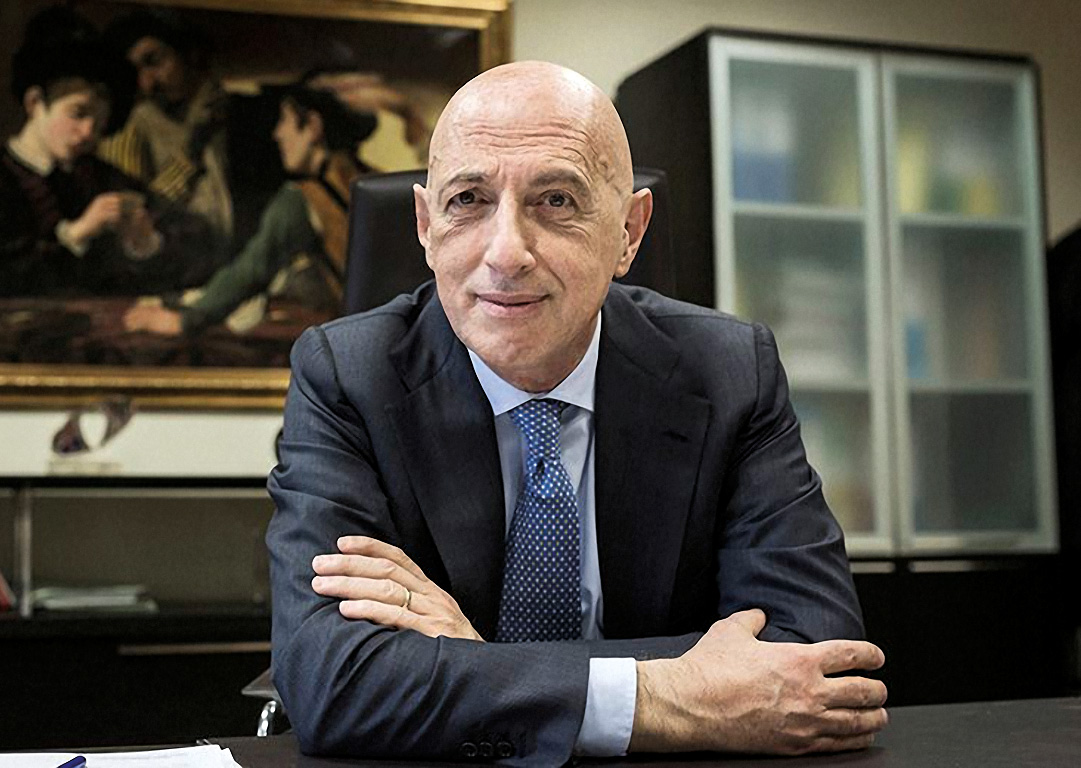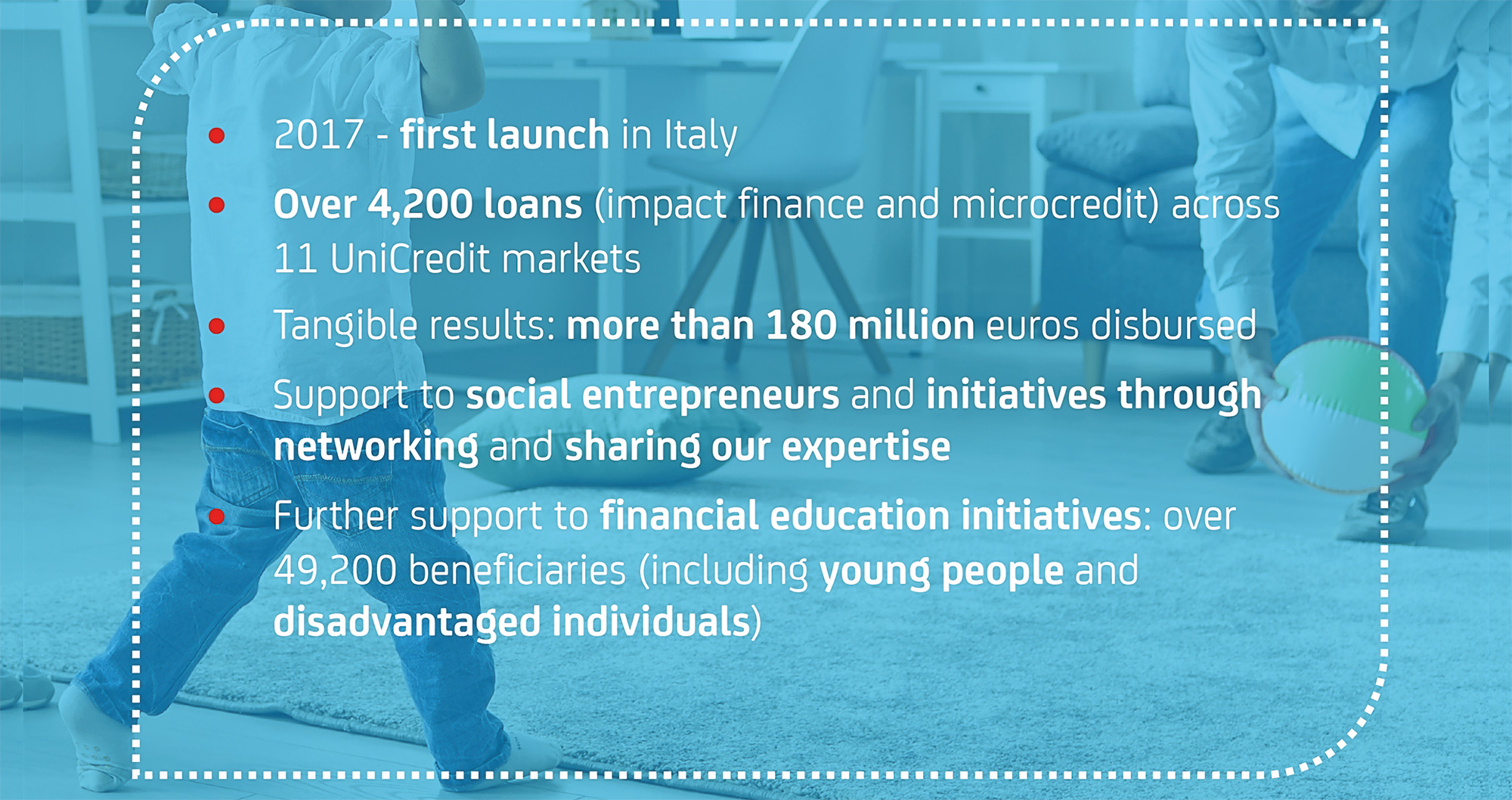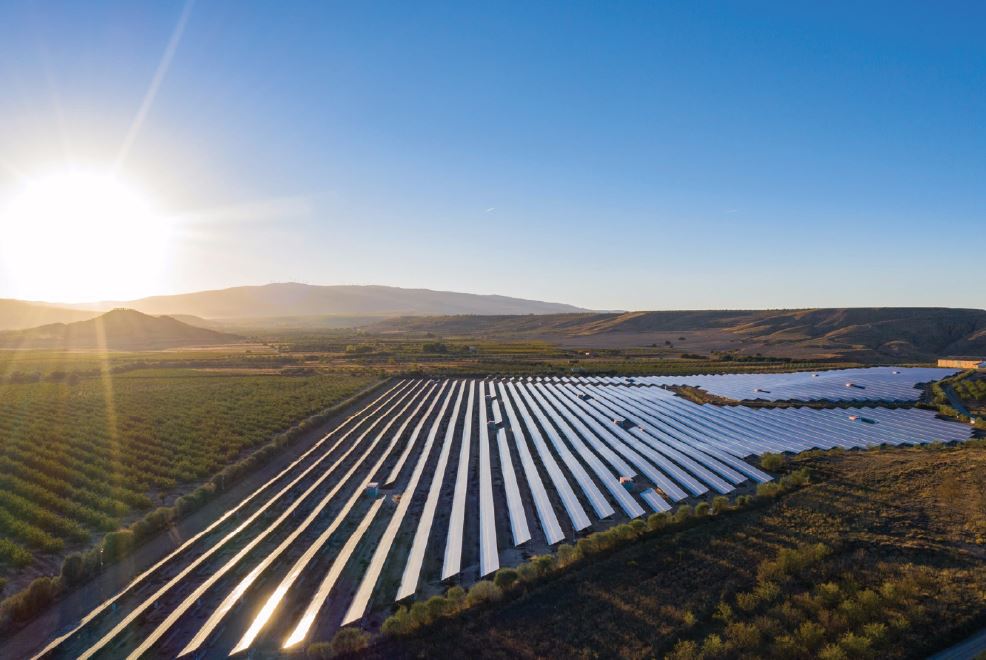[vc_row][vc_column width=”1/2″][vc_column_text]
Italy
The light green area is the rest of the European Union
Italy is the 8th-largest economy by nominal GDP in 2018, and the 3rd largest in Europe. Italy is a member of the EU, the Eurozone, the OECD, the G7 and the G20. GDP per capita is $34,318. Italy is the ninth largest exporter in the world and the fifth most visited destination. It is highly diversified with a vibrant manufacturing, food, fashion, and luxury good sectors. It is the world's largest wine producer. Italy's economy comprises a developed industrial north, dominated by private companies, and a less-developed, highly subsidized, agricultural south, with a legacy of unemployment and underdevelopment. Services accounted for 66 percent of GDP in 2018, followed by manufacturing (15 percent), and agriculture (1.9 percent). Its largest export sectors in 2017 were machinery (18.7 percent), services (18.1 percent), chemicals (12.8 percent), agriculture (11.8 percent), textiles (9.5 percent), and vehicles (8.8 percent). The largest individual exports were ICT services (7.22 percent), travel and tourism (7.17 percent), pharmaceutical products (4.2 percent), cars (2.9 percent), and refined petroleum (2.3 percent). Its main export partners are Germany (12.3 percent), France (10.15 percent), and the USA (8.98 percent). Leading import goods are cars (6.8 percent), crude oil (5.7 percent), and petroleum gasses (3.44 percent). The Italian economy grew strongly during the 1950s and 1960s as US aid and Italian businessmen helped the country to modernise, particularly in the north, and the economy was opened up to trade. The 1970s were turbulent because of the oil shocks and a vicious cycle of lira devaluations and inflation. The introduction of the European Monetary System in 1979 and the loss of competitive currency valuations forced small and medium Italian firms to innovate in local clusters, which led to the production of high-quality goods and the gaining of market share in other European markets. On the macro front, government debt increased during the 1980s and despite bouts of austerity measures remains high today. Bank collapses during the global financial crisis added to public debt. Tax evasion, the informal economy, and lower productivity growth also remain key challenges. Despite this, the economy has enjoyed modest growth in recent years.
[/vc_column_text][vc_column_text] Its population in 2018 was 59,290,969 [1]
Its population in 2018 was 59,290,969 [1]
 In 2015, 16.52% of its total energy
In 2015, 16.52% of its total energy
consumption was renewable [2]
 In 2021, its GDP grew by 6.64% [2]
In 2021, its GDP grew by 6.64% [2]
 In 2021 it had a positive Current
In 2021 it had a positive Current
Account Balance of US$bn 69.09 [3]
 Its unemployment rate in 2021 was 9.54% [3]
Its unemployment rate in 2021 was 9.54% [3]
 Its Expenditure on R&D (as a percentage of
Its Expenditure on R&D (as a percentage of
GDP) in 2020 was 1.53% [2]
What free trade areas or economic unions is it a member of?
Member of the European Union (EU) since 25/03/1957
Other members:
Austria, Belgium, Bulgaria, Croatia, Cyprus, Czechia, Denmark, Estonia, Finland, France, Germany, Greece, Hungary, Ireland, Latvia, Lithuania, Luxembourg, Malta, Netherlands, Poland, Portugal, Romania, Slovakia, Slovenia, Spain, Sweden
What trade deals are there between European Union and other countries and economic unions?
EU - Andorra Customs Union (from 01/01/1991)
European Single Market (SM) (from 01/01/1993)
EU - Sri-Lanka Co-operation and Partnership Agreement (from 01/04/1995)
EU - Türkiye Customs Union (from 31/12/1995)
EU - Faroe Islands Agreement (from 01/01/1997)
EU - Palestinian Authority Interim Association Agreement (from 01/07/1997)
EU - Tunisia Association Agreement (from 01/03/1998)
EU - Armenia Partnership and Cooperation Agreement (from 09/09/1999)
EU - Morocco Association Agreement (from 01/03/2000)
EU - Israel Association Agreement (from 01/06/2000)
EU - Mexico Global Agreement (from 01/10/2000)
EU - San Marino Customs Union (from 01/04/2002)
EU - Jordan Association Agreement (from 01/05/2002)
EU - North Macedonia Stabilisation and Association Agreement (from 01/04/2004)
EU - Pakistan Co-operation agreement (from 29/04/2004)
EU - Egypt Association Agreement (from 01/06/2004)
EU - Chile Association Agreement and Additional Protocol (from 01/03/2005)
EU - Algeria Association Agreement (from 01/09/2005)
EU - Lebanon Association Agreement (from 01/04/2006)
EU - Albania Stabilisation and Association Agreement (from 01/04/2009)
EU - Pacific States Interim EPA (from 20/12/2009)
EU - Montenegro Stabilisation and Association Agreement (from 01/05/2010)
EU - Central America Association Agreement (from 01/08/2013)
EU - Serbia Stabilisation and Association Agreement (from 01/09/2013)
EU - Bosnia and Herzegovina Stabilisation and Association Agreement (from 01/06/2015)
EU - South Korea Free Trade Agreement (from 01/07/2015)
EU - Kosovo Stabilisation and Association Agreement (from 01/04/2016)
EU - Georgia Association Agreement (from 01/07/2016)
EU - Moldova Association Agreement (from 01/07/2016)
EU - Canada Comprehensive Economic and Trade Agreement (CETA) (from 21/09/2017)
EU - Eswatini (SADC) Economic Partnership Agreement (from 05/02/2018)
EU - Lesotho (SADC) Economic Partnership Agreement (from 05/02/2018)
EU - Mozambique (SADC) Economic Partnership Agreement (from 05/02/2018)
EU - Namibia (SADC) Economic Partnership Agreement (from 05/02/2018)
EU - South Africa Economic Partnership Agreement (from 05/02/2018)
EU - Botswana (SADC) Economic Partnership Agreement (from 05/02/2018)
EU - Japan Economic Partnership Agreement (from 01/02/2019)
EU - Eastern and Southern Africa States free trade agreement (from 07/02/2019)
UK - EU Trade Deal (from 01/01/2021)
[/vc_column_text][vc_column_text]What trade deals are there with other countries and economic unions?
None
[/vc_column_text][/vc_column][vc_column width=”1/2″][vc_column_text]Copernicus Wealth Management: A Winning Recipe for Remarkable Growth
The Devil’s in the Detail for Prada, Which Never Goes Out of Fashion
Fondo Pensione Nazionale BCC/CRA: Pioneering Pension Fund Provides Balance and Choice for Members
ARCA Fondi SGR: Innovation, Sustainability, and Modern Technology
CFI.co Meets Jennifer Martinel, Founder of Fidusmart, Switzerland: Seeking Out an Independent Path in Financial Management and Tax Advisory
UniCredit: Driving Social Change Through Banking
CEO & General Manager Ugo Loeser of ARCA Fondi SGR: Shaping the Future of Asset Management with History of Experience and Reliability
Grupo T-Solar – The Generation Game: In 2020, That Means CSR, Environment, Efficiency and Opportunities for All Employees
Europe: Fig Leaves to Save Spain and Italy
Recession or Depression: Nadir Has Passed, Recovery Delayed
Trade with the United Kingdom
Source: UK Office for National Statistics, October 2022.
Contains public sector information licensed under the Open Government Licence v3.0.



























































































